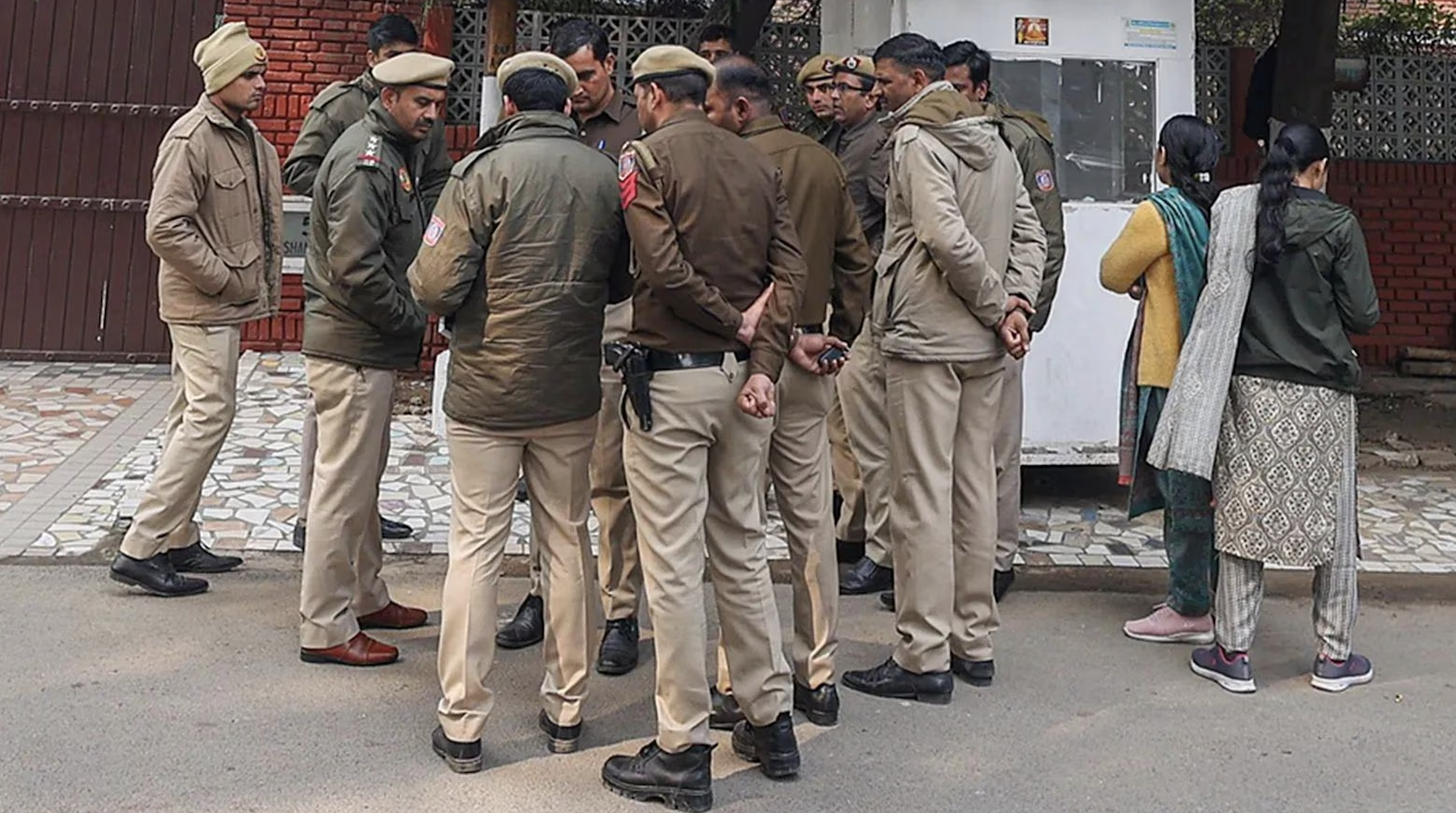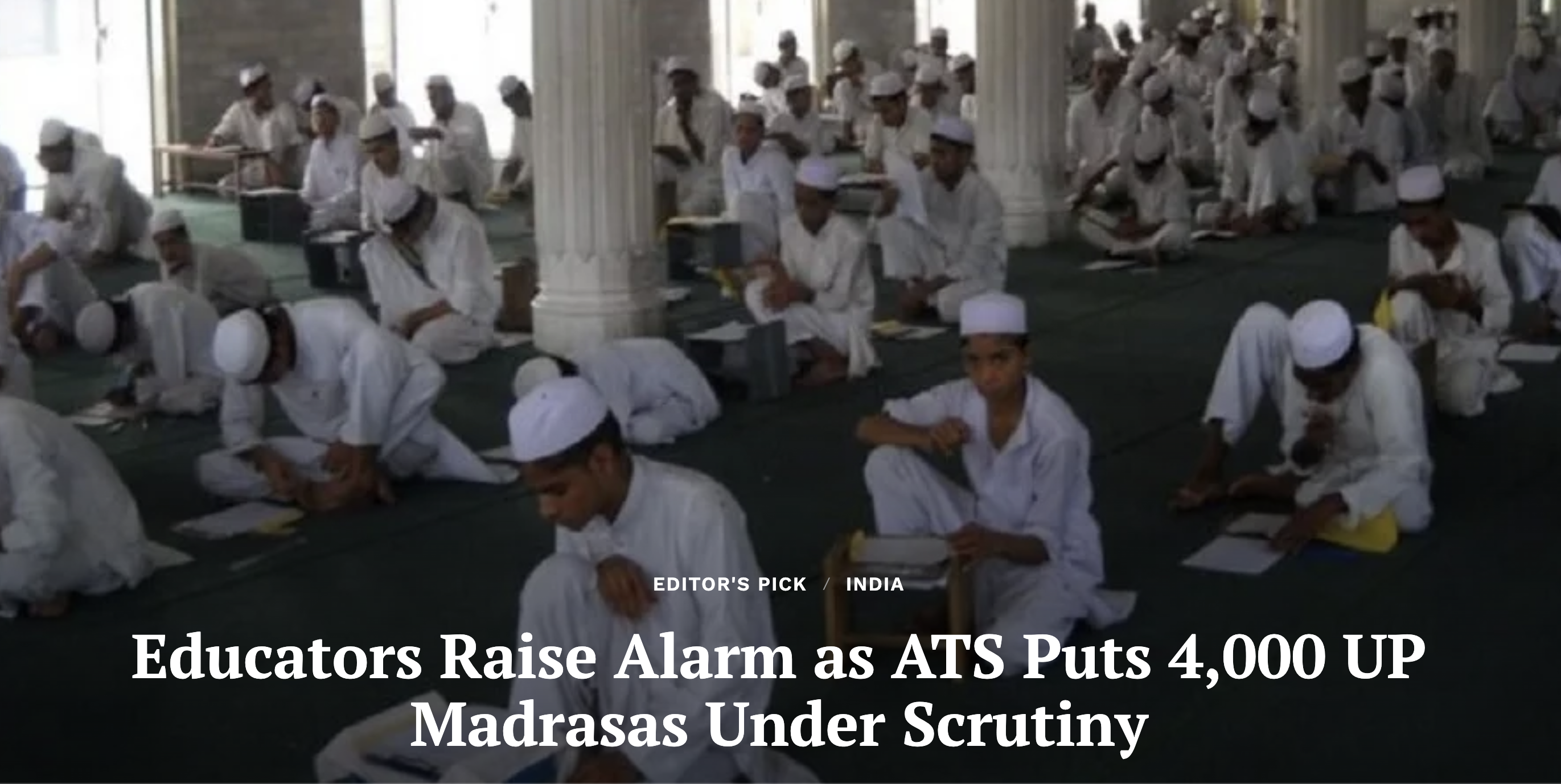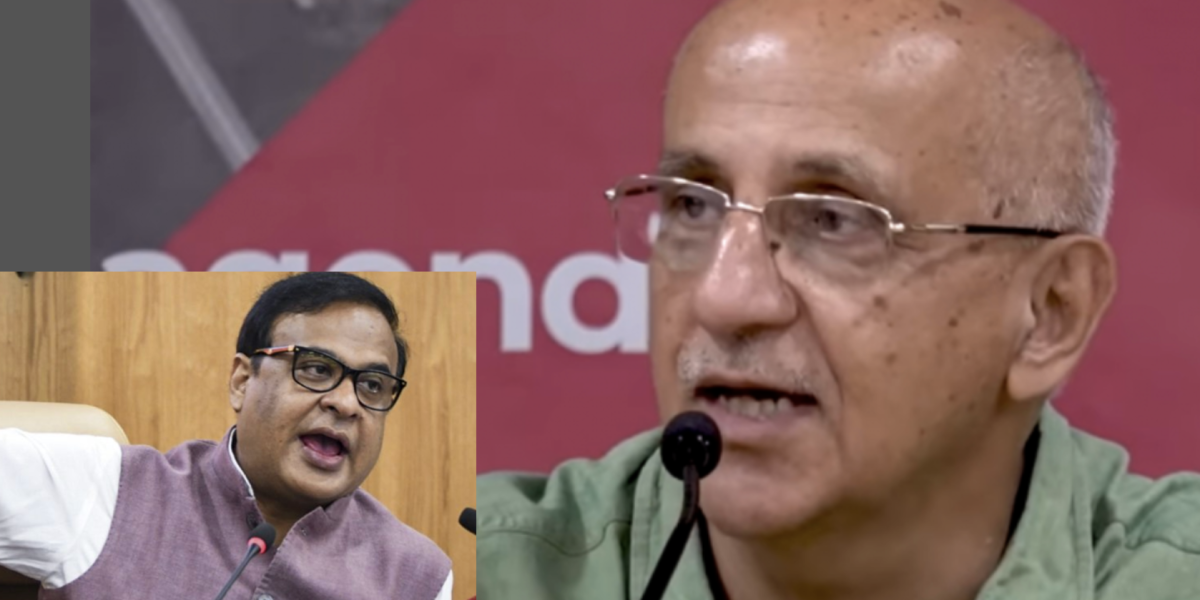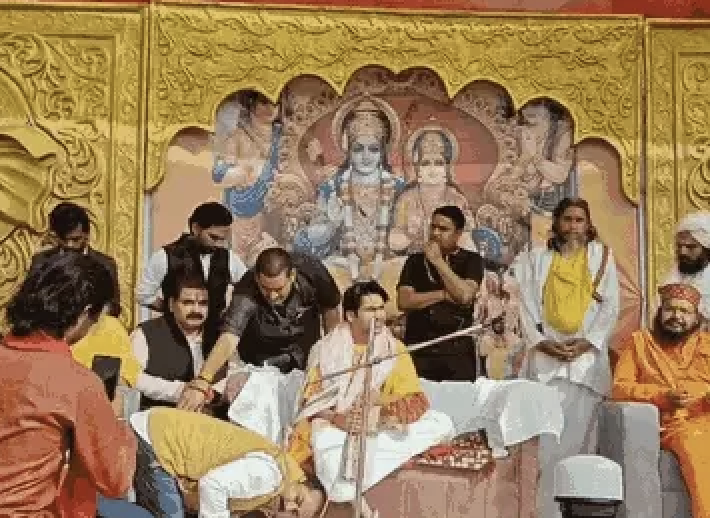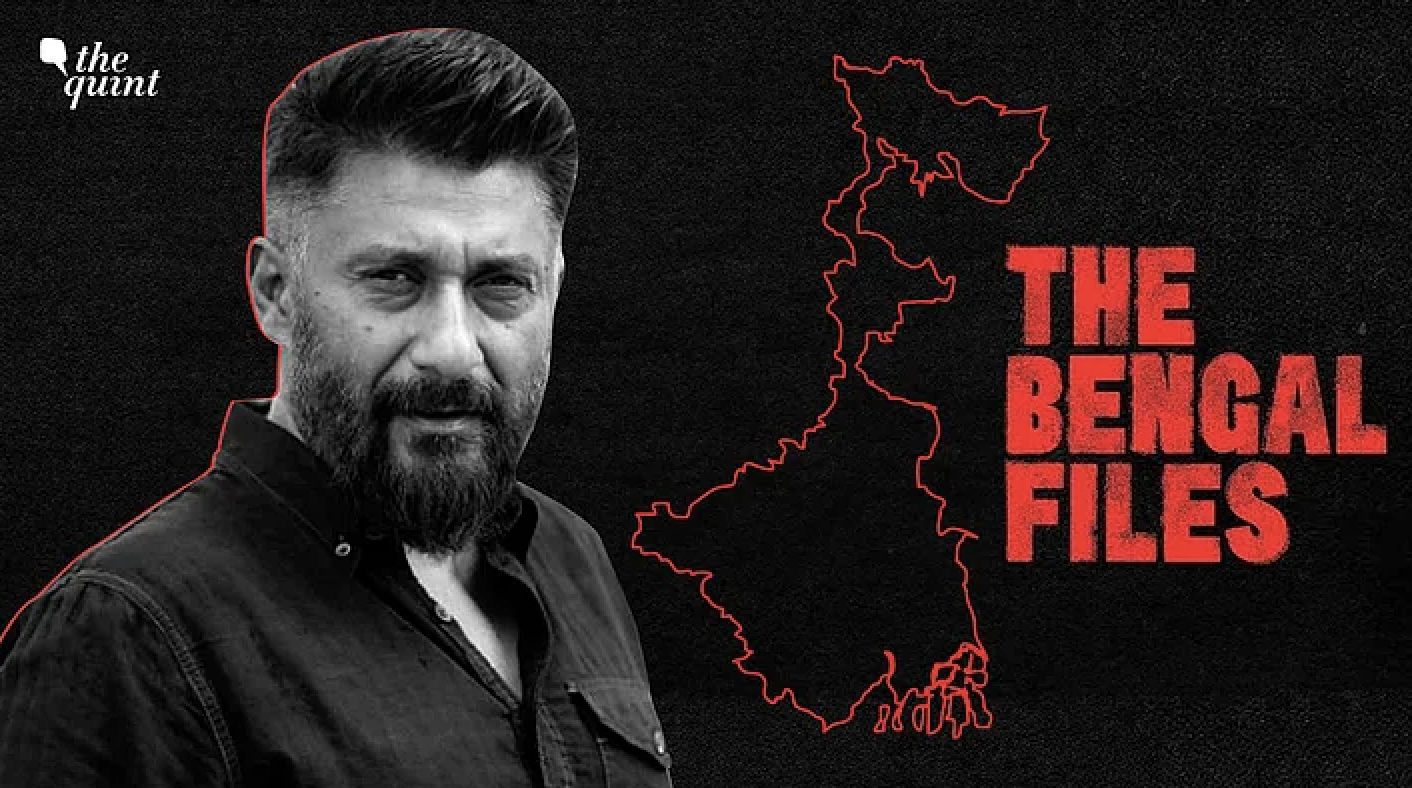
Midway through the recently released trailer for Vivek Agnihotri’s The Bengal Files, two words boldly stand out: “True Story”. The disclaimer does not read “based on a true story” or “inspired by real events,” but is a definitive declaration of Truth, with a capital T.
The label is ironic. If Agnihotri’s past works (The Kashmir Files, The Tashkent Files) are any indication, truth is usually the first casualty in all his films. The second is artistic merit, no matter how many times he calls (and includes in the trailers) his own films as “cinematic masterpieces.”
But beyond the technicalities of film grammar, Agnihotri referring to his version of the 1946 Calcutta Riots as the Real Story is an assertion of monopoly over historical memory, a proclamation that he alone can and will deliver the “real” version of what happened during the deadly ‘Week of the Long Knives’.
He is attempting to sculpt Bengal’s memory into a weapon for present-day schismatic politics.
Trailer to a Flawed Narrative
One look at the trailer of The Bengal Files reveals the predictable pattern of melodramatised falsehoods peddled in Agnihotri and B-Town’s fast growing Cinematic Right Universe’s servings of the “truth”. Much like in The Kerala Story (directed by Sudipto Sen and produced by Vipul Amrutlal Shah) where three became 32,000, The Bengal Files relies on made-up statistics to make divisive points that can become especially dangerous in a pre-poll season.
It peddles the controversial theory propounded by Israeli academic Rafael Israeli that if minorities form 10 percent of the population, they automatically become a “vote bank,” and if they reach 30 percent, they inevitably demand a separate state.
This story was originally published in thequint.com. Read the full story here.


